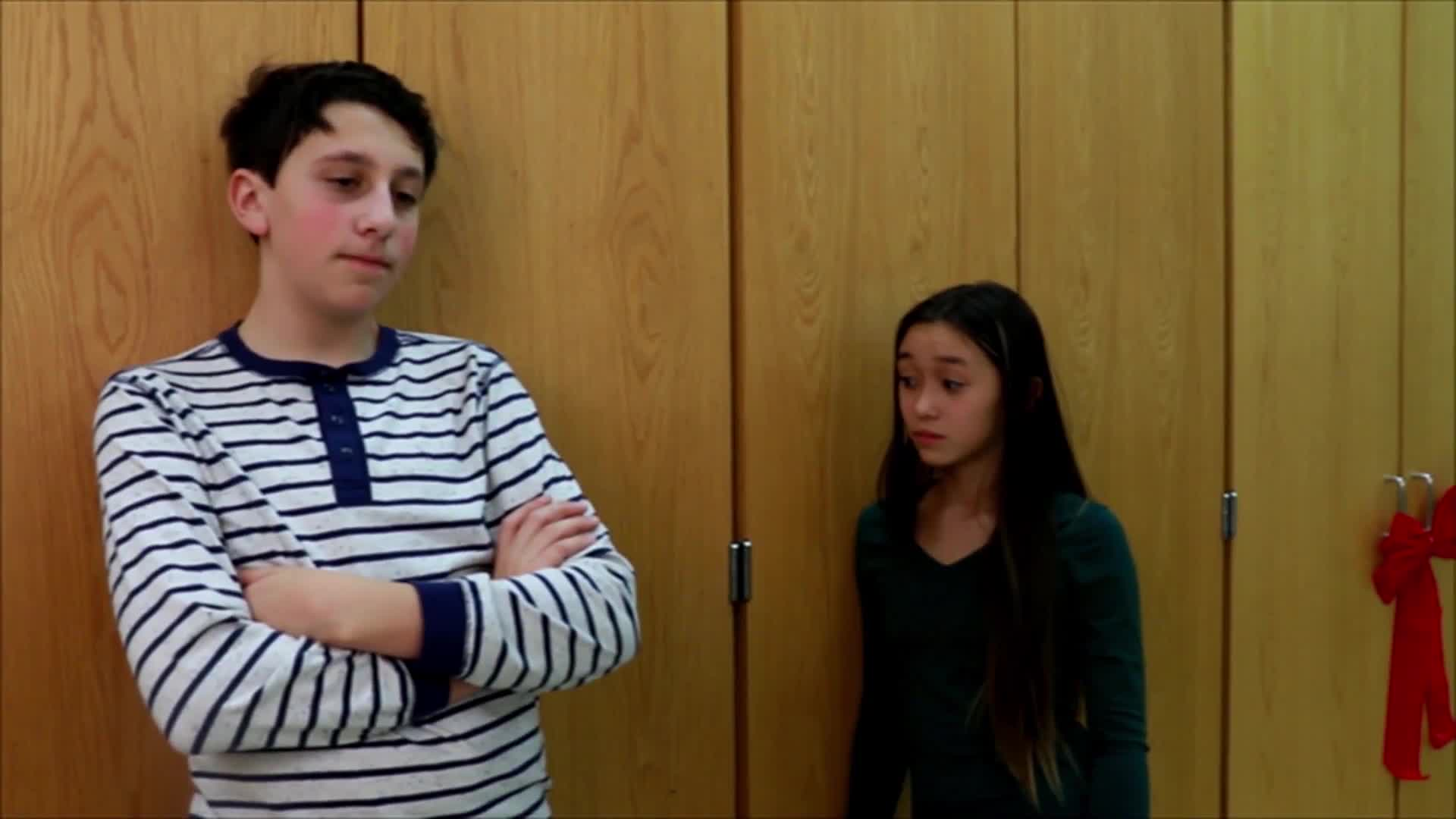
As educators, we understand the importance of teaching social-emotional skills to our elementary students. One valuable skill to foster is the ability to engage in meaningful conversations. In this blog post, we will discuss an engaging activity that helps students understand the concept of conversation drivers and conversation stoppers, as well as how to navigate social interactions effectively. We will also provide discussion questions, related skills, and next steps for incorporating this activity into your curriculum.
Introduction
Conversation drivers and conversation stoppers are essential components of social interactions. Conversation drivers help to initiate and maintain a conversation, while conversation stoppers can unintentionally end a conversation before it’s ready. By learning to recognize and utilize conversation drivers, students can develop stronger social skills and build more meaningful connections with their peers. Likewise, by identifying and avoiding conversation stoppers, students can maintain healthy and engaging interactions.
No-Prep Activity
To help your students understand the concept of conversation drivers and stoppers, we have created a no-prep activity called “Guess What Happens Next.” This activity involves showing short video clips of various conversations, pausing at crucial moments, and having students guess what will happen next. Will the conversation continue or come to a stop? By analyzing the situations and making predictions, students will learn to recognize conversation drivers and stoppers in real-life interactions. Here’s how to conduct the activity:
- Prepare a series of short video clips featuring conversations between two or more individuals. Ensure that the videos include examples of both conversation drivers and conversation stoppers.
- Play a video clip for the class, pausing it at a critical moment (e.g., when a conversation driver or stopper is about to be used).
- Present three possible outcomes for the conversation, and ask students to guess which one will occur.
- Resume the video to reveal the result, and discuss why the chosen outcome happened, focusing on the conversation driver or stopper used.
- Repeat this process with the remaining video clips, encouraging students to recognize and understand the importance of conversation drivers and stoppers in social interactions.
Discussion Questions
After completing the “Guess What Happens Next” activity, use the following discussion questions to further explore the concepts of conversation drivers and stoppers:
- Why is it important to use conversation drivers in social interactions?
- What are some examples of conversation stoppers that you have encountered in your own experiences? How did they affect the conversation?
- How can we practice using conversation drivers and avoiding conversation stoppers in our daily interactions?
- What are some strategies to recover a conversation if a conversation stopper has been used unintentionally?
- How can we use our body language and nonverbal cues to support conversation drivers and avoid conversation stoppers?
Related Skills
In addition to conversation drivers and stoppers, there are other social-emotional skills that can help students engage in meaningful interactions with their peers. Some of these related skills include:
- Active listening
- Empathy and understanding others’ feelings
- Nonverbal communication
- Conflict resolution
- Respect for diversity and inclusion
Next Steps
Now that you have learned about the “Guess What Happens Next” activity and the importance of conversation drivers and stoppers, it’s time to incorporate this valuable social-emotional learning lesson into your curriculum. To help you get started, we invite you to sign up for free samples of this skill and other related materials at Everyday Speech. By providing your students with engaging and practical activities, you can help them develop the essential social-emotional skills needed for success in school and life.

